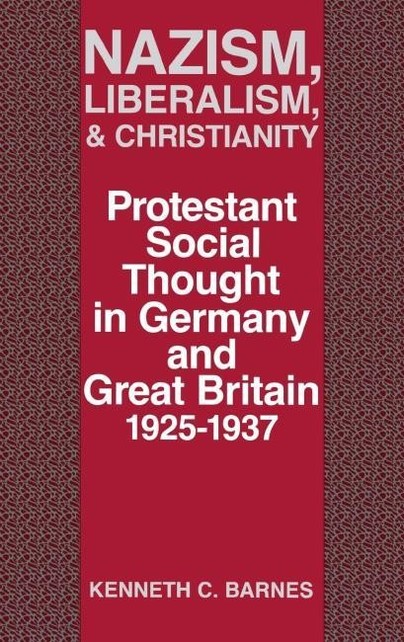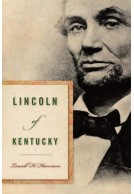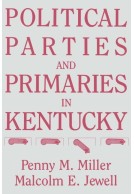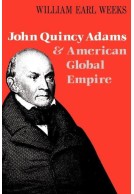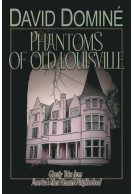Nazism, Liberalism, and Christianity (Hardback)
Protestant Social Thought in Germany and Great Britain, 1925-1937
Imprint: University Press of Kentucky
Pages: 216
ISBN: 9780813117294
Published: 3rd January 1991
Script Academic & Professional
Pages: 216
ISBN: 9780813117294
Published: 3rd January 1991
Script Academic & Professional
This book will be reprinted and your order will be released in due course.
You'll be £27.00 closer to your next £10.00 credit when you purchase Nazism, Liberalism, and Christianity. What's this?
+£4.99 UK Delivery or free UK delivery if order is over £40
(click here for international delivery rates)
Order within the next 8 hours, 52 minutes to get your order processed the next working day!
Need a currency converter? Check XE.com for live rates
(click here for international delivery rates)
Order within the next 8 hours, 52 minutes to get your order processed the next working day!
Need a currency converter? Check XE.com for live rates
The Great Depression devastated the economies of both Germany and Great Britain. Yet the middle classes in the two countries responded in vastly different ways. German Protestants, perceiving a choice among a Bolshevik-style revolution, the chaos and decadence of Weimar liberalism, and Nazi authoritarianism, voted Hitler into power and then acquiesced in the resulting dictatorship. In Britain, Labour and Tory politicians moved gingerly together to form a National Government that muddled through the Depression with piecemeal reform.
In this troubling book about troubled times, Kenneth Barnes looks into the question of how theologians and church leaders contributed to a cultural matrix that predisposed Protestants in these two countries to very different political alternatives. Holding fast to the liberal social gospel, British churchmen diagnosed the problems of the 1920s and the Depression ao solvable and called for genuine reforms, many of which foreshadowed the coming welfare state. German leaders, in contrast, were terrified by the socioeconomic and political problems of the Weimar era and offered no social message or solution. Despairingly, they referred the problems to secular politicians and after 1933 beat the drum for obedience to the Nazi state.
Based on extensive research in European archives, especially the rich papers of the interwar ecumenical movement housed at the World Council of Churches in Geneva, this book examines key intellectual figures such as Karl Barth, Paul Tillich, Dietrich Bonhoeffer, and Archbishop William Temple, as well as many lesser known church officials and theologians. Barnes brings to life the intellectual struggles and dilemmas of the interwar period to help explain why good people could, for moral and religious reasons, choose opposing courses of political action.
Other titles in University Press of Kentucky...







